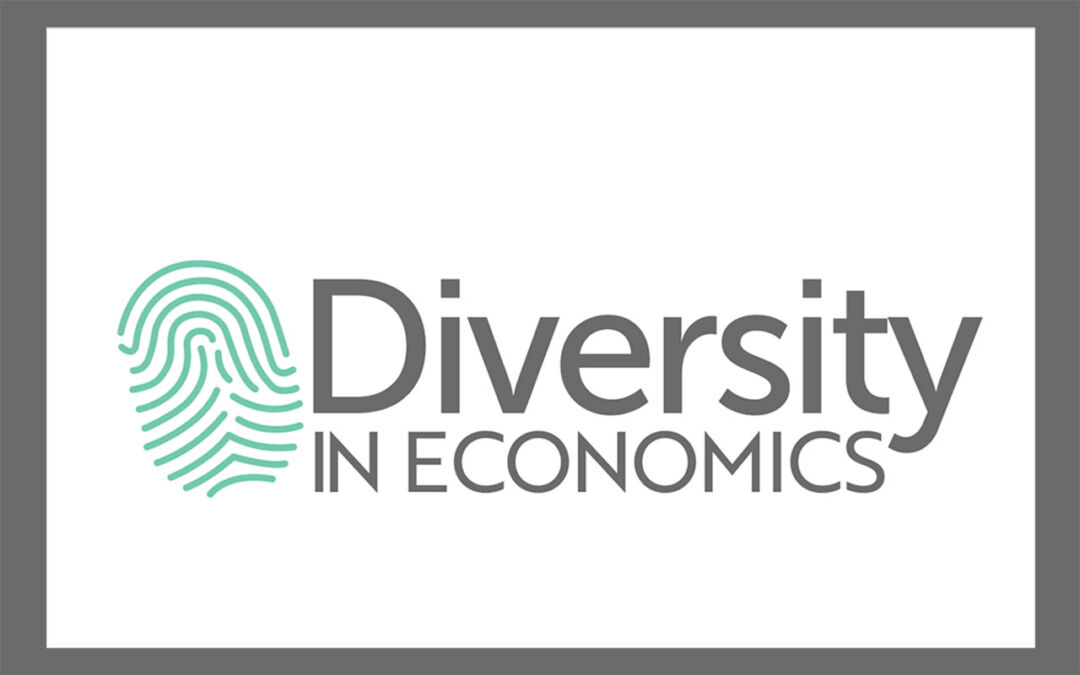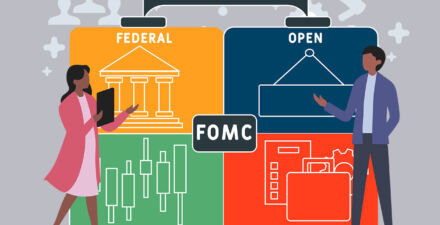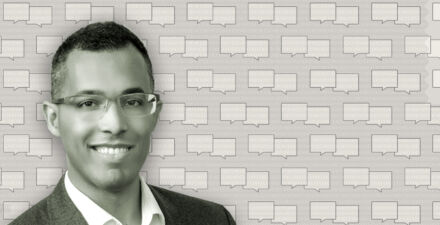Diversity in Economics video series uplifts diverse voices and research in economics and social sciences

A key priority of the Washington Center for Equitable Growth is supporting researchers from underrepresented backgrounds and at various points along their career ladders, contributing to the broader effort to increase diversity in economics and social science research.
Equitable Growth supports a diverse group of scholars in our annual grantmaking cycle, as well as by participating in the American Economic Association Summer Economics Fellowship program and the AEA Summer Training program. We publish racial and ethnic data on the makeup of our staff, advisory bodies, grantees, and event speakers on our website, highlighting the progress we’ve made and what still needs to be done. We also participate in regional and interdisciplinary academic conferences, organizing panels that advise scholars who may be inexperienced or do not have access to mentorship or networking opportunities on how to successfully submit a grant proposal.
There is no doubt these efforts and others launched across the economics and social sciences fields are having an impact, in terms of who is now doing research, which topics they are researching, and how that research is conducted. But much more work is needed. To further this goal, in 2022, Equitable Growth launched its Diversity in Economics video series.
Through this project, we have learned about what draws people from historically disadvantaged backgrounds to work in economics by interviewing researchers about their experiences and the challenges they face. The video interviews additionally seek solutions to the longstanding issues of attracting and retaining more diverse scholars to the field. One way we do this is by soliciting advice from interviewees on such topics as how to make sure there is acceptance and inclusion of diverse voices and research and how we can uplift more diverse voices and research once these scholars enter the economics and social sciences professions.
The Diversity in Economics video series highlights the existing—and growing—pool of talented voices in economics and social sciences, and seeks to build on that progress by drawing attention to what has worked thus far and why.
To date, three video installments have been released as part of the series. Just a few takeaways from these first interviews include:
- The importance of diverse perspectives in providing additional motivation and points of view on what problems specifically should be studied and how to study them
- The value of the different contributions of each demographic group and subgroup, and of the variety of their lived experiences that inform their important insights
- The necessity of diversity not only in who studies economics, but also in who teaches it and how they teach it
- The need for pathways, opportunities, funding, and mentorship to be more available and accessible to increase diversity in both economics and the social sciences
These videos feature members of Equitable Growth’s academic network who come from traditionally underrepresented backgrounds in the field. The series seeks to uplift diverse voices to broaden ideas about who is an economist and what economists study.
Below are our first three featured scholars in our Diversity in Economics video series.
Carlos Fernando Avenancio-León
University of California, San Diego assistant professor of finance Carlos Fernando Avenancio-León is an economist who focuses on finance, labor economics, and group inequality. He received an Equitable Growth grant in 2018 to study how political enfranchisement impacts economic outcomes and has also researched racial inequalities in property taxation, finding that misvaluations in local property tax assessments more heavily burden Black and Latino households in the United States.
Watch “Diversity in Economics: I never thought about becoming an economist” below.
Robynn Cox
Robynn Cox is an assistant professor in the School of Public Policy at the University of California, Riverside. Her research centers on the economics of crime, health economics, and labor economics, particularly the social and economic consequences of mass incarceration. She has written extensively for Equitable Growth’s website, including on racial inequities in U.S. criminal justice policy, the impact of affirmative action on police killing of civilians, and the negative effects of residential racial segregation in Northern U.S. cities.
Watch “Diversity in Economics: Creating inclusive, integrated spaces in economics” below.
Candace Miller
University of North Carolina, Charlotte’s Candace Miller is an assistant professor of sociology and organizational science. She studies race and ethnicity, urban sociology, and culture, and is currently working on a book that examines the impacts of gentrification on Black- and White-owned businesses in Detroit. In 2018, she received an Equitable Growth grant to further this research on urban revitalization, race, and entrepreneurship, going beyond the typical research focus on residential gentrification to look at the effects on small business owners.
Watch “Diversity in Economics: I’m always attuned to how people are experiencing the economy” below.
These and future installments of the Diversity in Economics video series can be found on Equitable Growth’s YouTube page (specifically in this playlist) or on our website. These videos provide perspective on how the economics and social sciences fields can become more inclusive and supportive of diverse scholars and nontraditional research.
If you have questions for any of the featured scholars, or would like to be included in this series or nominate a scholar to be included, please reach out to Maria Monroe at mmonroe@equitablegrowth.org.





